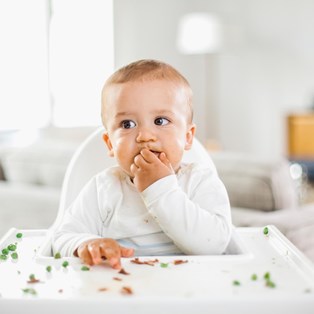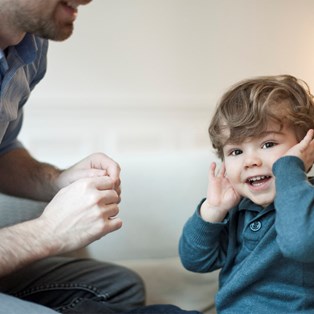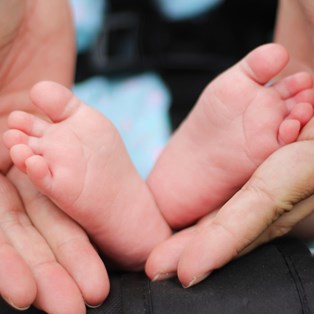Birth order: how does it affect your child’s personality?

Whether you're a first-born, middle child or the baby, where you land in the family helps shape your future
The role birth order plays in shaping our children’s personalities has been debated for many years. And while there are other factors which come into play including DNA, parenting style, life events and relationships, some experts say that birth order does matter, and has a significant effect on who we become, both as children and adults.
The first born
Your first child will tend to be reliable, conscientious, controlling, patient and a high achiever. They are usually perfectionists, self-reliant and goal-oriented. In a joint study from the University of Edinburgh, Analysis Group and the University of Sydney, researchers also found that first-borns tend to have a higher IQ test score than their siblings and better thinking skills. First-borns can also be like ‘mini adults’ because they have their parents' full focus in their early years, and spend a lot of their time around adults.
The middle child
Not the youngest, not the oldest, the middle child is sandwiched in between and can sometimes feel lost in the mix. They don’t have the special privileges of the oldest or the attention of the youngest child. Alfred Adler, one of the first psychologists to propose the relevance of birth order, believed that middle children tend to be agreeable team players and peacemakers, and have strong interpersonal skills. They also tend to be risk-takers, rebellious and have a wide social circle. In her book Social Understanding and Social Lives, Dr Claire Hughes from Cambridge University says that younger children may also be more successful than their older siblings later in life.
The youngest child
Often described as attention-seeking and creative, the youngest child never quite shakes their position as the baby of the family, no matter how old they are! They may be more free-spirited due to their parents' increasingly relaxed attitude as they raise a child for the second, third or fourth time. Positive traits of last-borns include being fun-loving, uncomplicated and outgoing, but on the flip side they may be self-centered and manipulative. Younger children are also more likely to take on riskier or more aggressive sports, such as football, according to researchers from Berkeley University.
The only child
An only child can be somewhat similar in personality to a first born. They are used to having lots of attention, and don’t like it when things don’t go their way. They may need encouragement to share and will benefit from lots of socialisation with their peers. Only children tend to be mature for their age, perfectionists, diligent and born leaders.
How to parent according to birth order
The beauty of being aware of birth order and how it can affect your children’s personalities is that you can take steps to improve your parenting style. Dr Michael Grose, a parenting expert and author of Why First-Borns Rule the World and Last Borns Want to Change it, says parents should release the pressure on first-borns and only children, take steps to ensure second-borns and middle children feel special and get plenty of one-on-one time, and give responsibility to youngest children, and ensure they feel heard.
Lastly, remember that each position in the family has its pros and cons, so just embrace and enjoy each child for who they are.

Nicola Conville has worked as a journalist and editor for more than 20 years across a wide range of print and online publications. Her areas of expertise are parenting, health and travel. She has two children; Lucy, age eight, and Nathan, age five.













